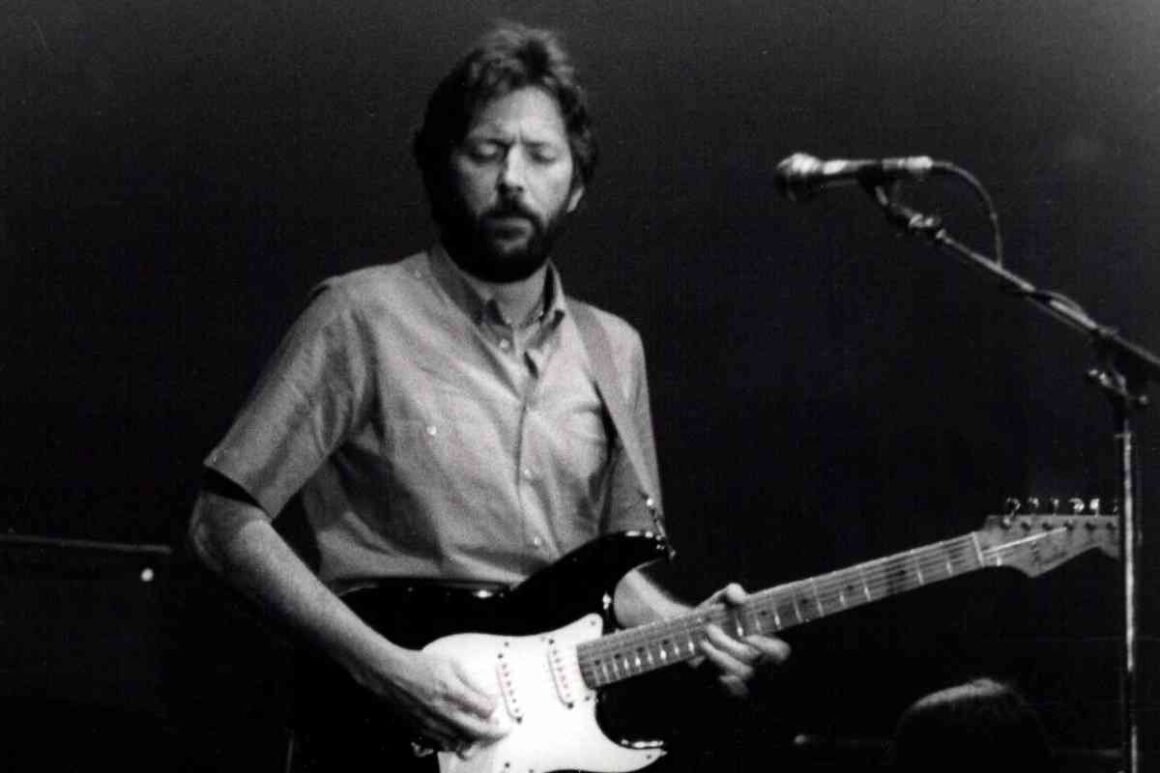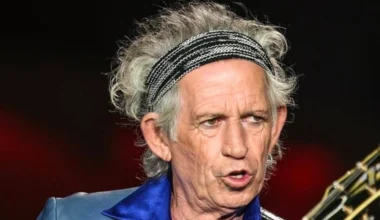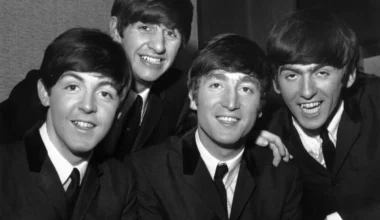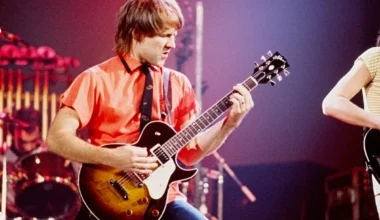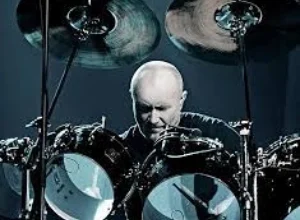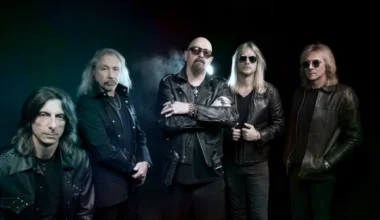By the late 1970s, the punk movement was calling for heads. Rock music was still a relatively new art form, having emerged less than a decade before punk. Sensing an unease in the genre, punk wanted nothing to do with its forefathers. Most bands took the “seek and destroy” approach to artists such as Eric Clapton and Pink Floyd.
Clapton remained a cultural force, having released classic singles such as ‘Lay Down Sally‘ and ‘Cocaine‘ in 1977, just as punk was at its peak. He was also an easy target. A 1960s survivor who transformed bluesy guitar licks into schlocky reggae covers like ‘I Shot the Sheriff‘ and toothless ballads like ‘Wonderful Tonight‘. When confronted with the ire of the punk wave, Clapton had a simple response.
“Stick to your guns and do what you love,” Clapton advised Pop Matters in 2007. “I was one of the people targeted for ‘assassination‘, along with Phil Collins and anyone else popular at the time. The key was to keep going and believe I was doing the right thing. But I was afraid. I was concerned about meeting a few of them. There was such hostility.”
Clapton saw few punk figures who were willing to praise or even acknowledge some of the foundations he had laid. John Lydon’s custom-designed “I Hate Pink Floyd” shirt may have helped him fit in with the Sex Pistols. But it was Clapton’s drug problems that drove Lydon away from Slowhand. In his heroin-addiction days, I remember looking at Eric Clapton and feeling very unimpressed by him. Lydon told The Guardian in 2002.
“I’m sure there were people in the middle of it all, such as Joe Strummer of the Clash, who enjoyed the previous music. But I’d never met Johnny Rotten, and I didn’t want to meet him,” Clapton explained. “I did not want to meet people in a confrontation where I was marked as dead, I was scared. And I’ve never truly understood or been motivated by hatred or anger. Blues, when played aggressively, can be about anger. But it is a much more compassionate environment.”
“It has always been important to me to identify where something comes from, whether it is music or anything else. “I get concerned when people don’t look back far enough,” Clapton said. “The punk movement concerned me because it was a deliberate attempt to erase the past, the roots of music. It was an entirely political move. It is dangerous. And I believe that is why it was so exciting to people, the type of revolution it represented. Thank God certain people carried on through it and ignored it. In a way, it was necessary, but it could’ve wiped out the origin of where we come from.”

